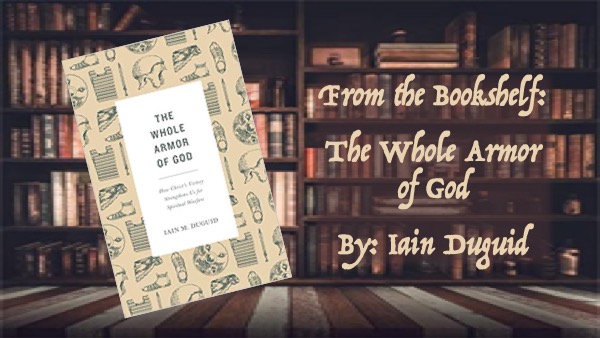The words typed on a page draw readers to faraway lands, bring life to ideas, and transform mentalities. While books have much to say to us, they also have much to say about us. Consider the books that you have read in the past month or even the past year. Look at the book you are reading right now. What do those books say about who you are?
Given the opportunity, a person could learn a lot about himself/herself or even others simply by observing what is being read. A note of caution though: there is a need for exercising restraint because books are not a sure way to psychoanalyze someone and neither should they be asserted as such. A simple observance though, can create several important insights and opportunities.
Consider first, what can be learned about another individual or about one’s self by noting what is on that person’s current reading list. One can learn about the following:
- A Reader’s Interests: People read about what interests them, therefore conclusions can easily be made about what an individual finds fascinating, how he/she relaxes, or current passions in the reader’s life.
- A Reader’s Lifestyle: Like noting what a person is interested in, the books in one’s repertoire can indicate what the person enjoys doing for fun or for relaxation. However, sometimes books are assigned or are read because they coincide with a certain aspect of one’s life. In this way, one can learn if a person is taking classes, what he/she does for work, or what activities occupy the reader’s time.
- A Reader’s Private Growth: Reading is a way to learn and grow. We pick up books that address areas we don’t understand or areas that are lacking in our lives. Therefore, books can be indicative of those areas.
- A Reader’s Beliefs: Generally, a reader is going to read books that help articulate personal beliefs on a deeper level, whether is be religious, philosophical, or political. A good reader will also read books that he/she disagrees with, so one cannot simply assume a person’s beliefs based upon a reading list, but often a good idea can be formed.
- A Reader’s Spiritual State: There are many variations that can result in a wrong interpretation and you should never view the totality of one’s spiritual state based on what they are reading. However, a lack of Scripture, a lack of biblically oriented books, and a presence of ‘questionable’ books can indicate that something is lacking.
With the right parameters and self-control, looking at the books a person is reading can indicate a lot about that person, whether it be others or one’s self.
Knowing what a person is reading is not an opportunity to offer judgement of favor or disdain about a person. However, there are some distinctive advantages to knowing the current reading list. At the most basic level, it can offer a conversation starter between two people, perhaps identifying a mutual interest that they can converse about. If not, then it becomes an opportunity to learn from that person, asking questions about the book or topic that you may not have known otherwise. Additionally, knowing one’s reading list can be an opportunity to challenge the other person, causing him/her to think deeply and/or critically about what is being read and pushing the reader to grow even more. Going further, one of the great aspects about interacting about reading lists is the opportunity to challenge a person spiritually, whether it be to create discussion between you and another person or taking opportunity to evaluate your own priorities. Finally, knowing what a person is reading can create opportunities to minister to them by noting areas in which they may be struggling, trying to learn about, or by what they aren’t reading (i.e. Scripture).
There is a sense in which we should not read too much into the books a person is reading. Yet, at another level, knowing what others are reading or we are reading, can create opportunities when rightly used. Take a moment to consider your own reading and learn what it says about you. What you learn from that can have a great impact on your own life.






